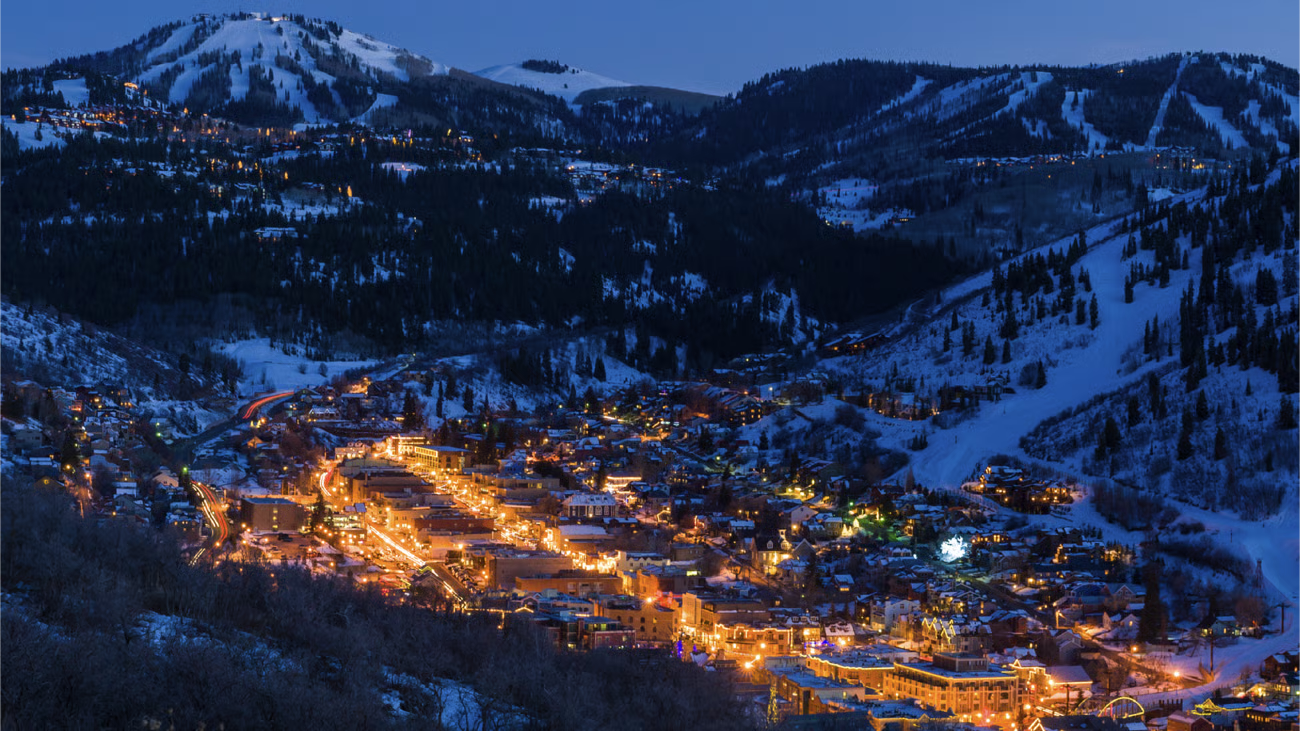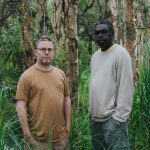Sauljaljui is an indigenous vocalist from southern Taiwan, celebrated for her soulful interpretations of traditional Paiwan melodies and Hengchun folk songs. Accompanied by the Moon Lute, she skillfully merges these ancient sounds with global music elements, creating a unique and mesmerizing style defined by her captivating voice.Her two albums have both been nominated for Taiwan’s prestigious Golden Melody Awards, a testament to her artistry and commitment to preserving indigenous cultural heritage through music. Sauljaljui has graced the stages of world-renowned music festivals and has collaborated with international artists such as Deep Forest and Grammy Award-winning Daniel Ho, all while adhering to her personal philosophy of “Finding A Way Home Through Music.”

In 2024, she embarked on her first European tour, performing at three of the continent’s most prestigious music festivals: Colours of Ostrava in the Czech Republic, WOMAD in the UK, and Sfinks Mixed in Belgium. She also competed in the Gwangju Busking World Cup in South Korea, where she placed an impressive fifth among hundreds of global acts.
You have a motto of ‘finding a path home through music.’ Can you tell us about that?
After graduating from university, I returned to my hometown to become a music teacher. As I revisited tribal songs and began composing music in my native language, this process constantly reminded me of who I am.
Over time, an invisible force gave me a sense of responsibility, prompting me to think about how I could encourage young people who have left the village to sing our tribal songs together, care about the matters of our tribe, and even inspire them to return and serve the community.
You’ve said that you focussed on heavy metal in your college years, and then returned to your hometown and began working with traditional Paiwan melodies and Hengchun folk songs. You integrate pop, folk, and world music into your songs. What special elements from the traditional world or melodies do you like to capture in your music, and what do you bring and leave behind from the heavy metal days?
I enjoy sharing the core values of our culture through my music; sharing, dividing labor, and sharing burdens. In my melodies, I preserve traditional modulations and wordless chants to express my emotional connection with both people and nature.
In my university days, I was an angry young man, and music was a way to vent my emotions. However, after returning home and learning songs from the elders, my personality became softer, and even my voice became gentler. I was surprised to find myself becoming a sentimental person, prone to tears. My hometown helped me rediscover my true self. Of course, some of my songs still feature strong and powerful vocals. This blend of metal singing and softness actually makes my voice more distinctive! I really enjoy my current life, creating music in nature and participating in the work of the tribe.
You are preserving indigenous cultural heritage through music, and you’ve won significant prizes in Taiwan. Do you see indigenous culture being embraced more in Taiwan? And how do you think this compares to other countries?
The Taiwanese government has indeed invested a lot of resources in the revitalization and preservation of indigenous culture. However, with the mainstream education system, it is difficult for the general public to truly understand indigenous peoples. I hope that as Taiwan strives for international recognition, it should first address the issues of its own indigenous communities.
I think about countries like the United States, Canada, and Australia, where universities don’t need laws to declare their campuses as traditional lands of indigenous peoples. They do this freely and according to history, and it’s a reflection of their commitment to human rights. I hope Taiwan can learn from this.

You’ve spent quite a bit of time in Australia. What inspires you about our country or being here? Do you have any special or fond memories of your time in Australia?
In 2012, I went to Australia for a working holiday. I worked on farms picking fruit, as a street performer, exchanged work for accommodation, worked on a dairy farm, and more. That was the best experience of my life. I particularly enjoyed being with animals, camping in nature, and singing to all living things. I played the piano for the cows, and my soul was nourished.
Every day, I worked hard to earn a meal, and that lifestyle made me feel rich. I thought about many questions that I had never considered before. I remember making a wish that when I returned to Taiwan, I would apologize to the classmates I had once bullied in elementary and junior high school. And after returning to Taiwan, I did just that, and I even became good friends with one of them.
I also wrote many songs while in Australia, including one that was included in my first album Sing for Each Other. The song was written in Uluru, a traditional indigenous area, and the lyrics say, “When you face difficulties, don’t worry. I will hold your hand, look into your eyes, and from sunrise to sunset, we just need to sing one song.”
You help organise the Kapanan Culture and Music Festival back home. What effect has it had on your village and the young people there, and more broadly in Taiwan?
My tribe is a multicultural settlement without traditional ceremonies, but the friends I grew up with all love music. Since high school, we have held a youth barbecue event every year during the Lunar New Year. We would sing with guitars until dawn.
After entering university, everyone left the tribe, but we made a pact: the first salary we earned from working away from home would be used to fund a music concert. There were five of us—each contributing 1,000 NT, and with 5,000 NT, we managed to organize the event. We invited the elders of the tribe to observe and offer encouragement.
Our idea was simple: we just wanted to create a place for young people to return to, and everyone would help out voluntarily. Over time, our music festival became the new celebration of the tribe. More and more community units joined the event, from elementary school students to elderly people from the health stations, all sharing their accomplishments in this activity.
The highlight of the event is that every year, we select a SUPER STAR for the tribe, whether in music or dance. We also hold a family fashion show, where you can see families of four generations joyfully and confidently walking down the starry runway. This event has accompanied many children as they grew up. Some became leaders of student clubs in high school or university, others became singers, and some returned to the tribe to become teachers for the next generation. This is a music festival where everyone grows together.The most important thing for organizing an event is money, but the least important thing is money. We hope this is a music festival for everyone, where people contribute and help organize. Unfortunately, during the pandemic, we had to cancel the 14th edition.
I know everyone is looking forward to me leading the tribe again. My students have told me they are ready to take over the work. I hope that in 2025, a new generation of young leaders can start anew.

Who is an artist or mentor that inspired you to become a professional musician when you were young?
My mentor, Yen Yung-Neng, is a street performer who has traveled all over Taiwan, singing in temples, night markets, and rural areas for the elderly farmers. I met him when he came to my hometown, Hengchun, to sing folk songs with the elders. Later, he took me as his apprentice.
Once, I performed with him in a rural village. Before the show, the village chief announced over the loudspeaker that the villagers should bring their own chairs. We rolled up our pants and walked into the rice fields to sing. Our feet were covered in mud, but we sang happily.
One of the lines in his song was, “As long as everyone eats Taiwanese rice!”
The audience shouted, “Yes!”
He sang the voice of the farmers, and I am thankful that he taught me to sing for the land.
Do you have a concert or a festival that you performed at that is a favourite memory?
In fact, I am proud and deeply moved by every performance I give abroad. Every time the host announces my name before the show, it tells the audience that this is the name of an indigenous person from Taiwan!
Last year, I performed in the Czech Republic. The day before the performance, I held an interactive music workshop, where the audience formed a large circle, holding hands, dancing to our tribal songs, and cheering. I was deeply moved by how much they enjoyed the moment. The next day, when I performed, I saw many of the people who had participated in the workshop the day before. As I started to sing, they formed a circle and danced to the songs I had taught them. They supported me and cherished my culture.

WOMADELAIDE
7-10 March 2025
Botanic Park/ Tainmuntilla










